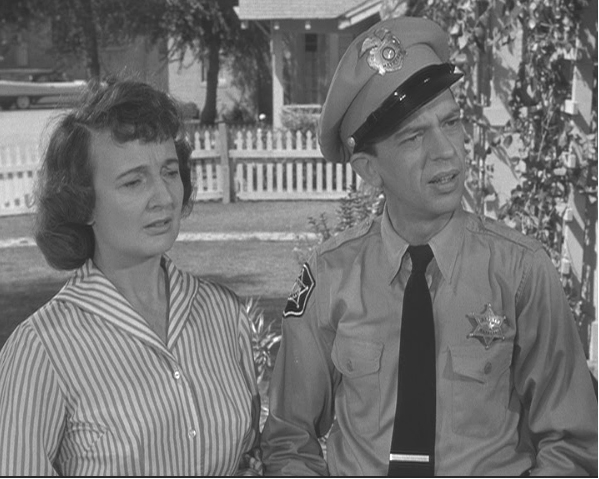

ANDY GRIFFITH MATLOCK TV
His career stalled when he suffered from the paralysis of Guillain-Barré syndrome, but he came back to play the southern lawyer Victor Worheide in the 1984 TV film of Joe McGinnis's true-crime bestseller Fatal Vision. Among his biggest successes were playing a Lyndon Johnson-like president in Washington: Behind Closed Doors (1977), and General Slater in a small-screen version of From Here to Eternity (1979). He was memorable as Jeff Bridges's mentor in the underrated film Hearts of the West (1975), but his main outlet became made-for-television movies, including Pray for the Wildcats (1974), in which he had his first role as a villain. Griffith played a Taylor-type preacher in a feature film, Angel In My Pocket (1969), which flopped, as did several new TV series: The Headmaster (1970), The New Andy Griffith Show (1971) and Adams of Eagle Lake (1975). Only two other American shows have ended while still No 1 in the ratings: I Love Lucy and Seinfeld. George Lindsey, who died two days before Griffith, played Gomer's cousin Goober, and continued in the role in another spin-off, Mayberry RFD, which made its debut after Griffith decided to leave. Ron Howard played his son Opie, and went on to success as both actor and director, while Jim Nabors was so successful as the dimwitted Gomer Pyle that he spun off his own series, which drew heavily on No Time for Sergeants and could be seen as the prototype for Forrest Gump. Knotts won five straight Emmy awards, while Griffith took none. Griffith said the key to the show was his realisation that he should play straight man to Knotts. The role of Griffith's deputy, Barney Fife, went to Don Knotts, whom he had met in No Time for Sergeants. The Andy Griffith Show made its debut in 1960, to immediate success. He returned to Broadway, getting a second Tony nomination for Destry Rides Again, and in 1959, created the Andy Taylor role in a guest appearance on Danny Thomas's TV comedy Make Room For Daddy, when the brash New Yorker Thomas is stopped for speeding in rural North Carolina. The performance ranks with any of the 1950s method-acting benchmarks, but it would be years before anyone explored that side of his talent again. He reprised the role in the 1958 film, by which time he had already starred in Elia Kazan's A Face in the Crowd (1957), in which he plays a Will Rogers-type entertainer corrupted by his success. The play was a Broadway hit in 1955, and Griffith was nominated for a Tony. He had been given the novel by one of his acting students, RG Armstrong, and knew he was perfectly suited to play the hick drafted into the air force who is not as dumb as he seems. He was about to return to North Carolina when he saw auditions advertised for a play, No Time for Sergeants. It became a hit recording in 1954, but when the Griffiths brought their act to New York nightclubs it bombed, as did Griffith in his first appearance on The Ed Sullivan Show, the nation's leading televised variety programme. He and his wife began a travelling act which included a comic monologue, What It Was, Was Football, about the gridiron game. He married a fellow student, Barbara Edwards, and began teaching high school music while spending summers playing Sir Walter Raleigh in an outdoor pageant, The Lost Colony, staged in Manteo, on Roanoke Island. He was tutored in the trombone by the local Moravian minister and won a scholarship to the University of North Carolina to study music, where he was so drawn to entertaining that he gave up plans to become a preacher himself and took his first classes in acting. He once explained that his ambition was driven by the recollection of being called "white trash" by a girl he asked out. Griffith was born in Mount Airy, North Carolina, where his father worked in a furniture factory. He claimed modestly that "any time I try to play anything that doesn't come natural, I'm just plain bad".Īnd it did come natural. His finest roles allowed him to explore multiple facets of that character, which he reprised as the defence attorney Ben Matlock (1986-95).

The shrewd country bumpkin is a staple of American myth, and Griffith was its finest practitioner since Will Rogers. It may seem unfair that the nine seasons (1960-68) during which the actor Andy Griffith, who has died aged 86, distributed folksy wisdom as Sheriff Andy Taylor on The Andy Griffith Show should define his career, but that is partly because the television programme has lived on in syndication for the past 44 years, and also because Griffith brought such verisimilitude to the character.


 0 kommentar(er)
0 kommentar(er)
